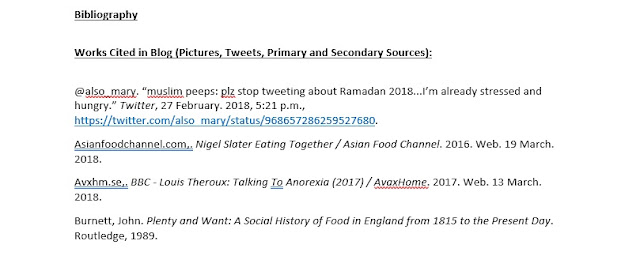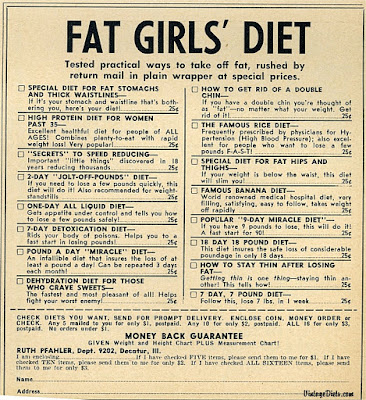An Introduction to my Blog
Hello and Welcome to my Blog! My name is Laura Deacon, I'm 21 and am currently in the midst of completing my English Literature/Drama, Theatre and Performance degree at The University of Roehampton. I'm undertaking a exciting module called The Literature of Food and as part of our assessment we are required to write a food blog. I'll start by introducing the premise of my blog, that being the glorious concept of food. Food consumes our lives from the day we are born. From the moment we open our eyes to wake up to the moment we go to sleep - food is part of a routine that many people enjoy. Food in the form of literature also journeys with us throughout our life's. From reading Children's texts at a young age from authors such as Roald Dahl and Lewis Carroll, to the special recipes passed down through generations of family members, to the discussion of food on television and elsewhere in the media, food is without a doubt import...



